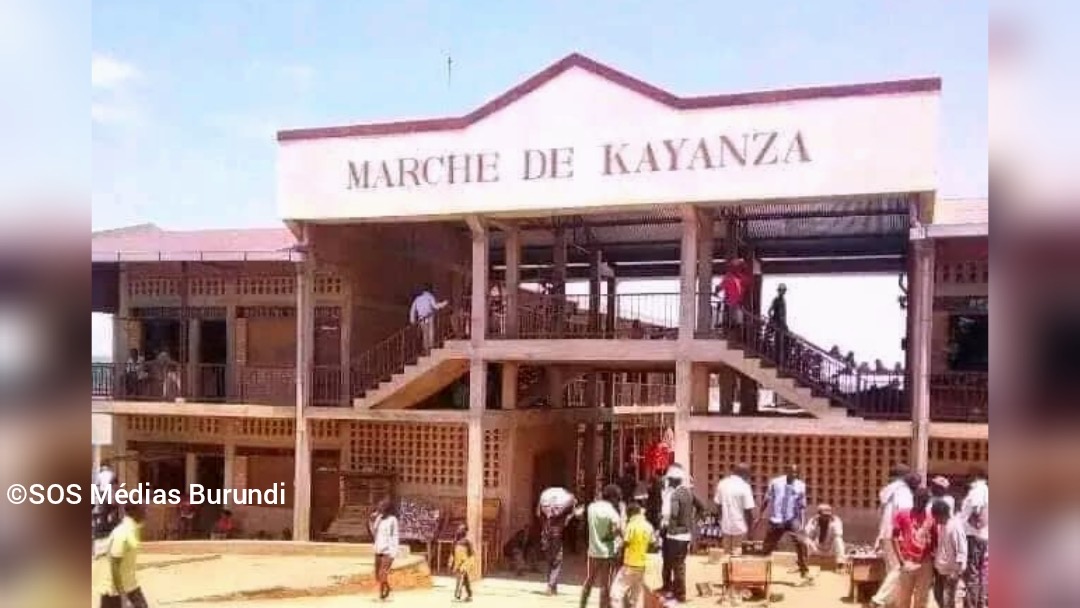Kayanza : increase in prices of basic necessities as the end-of-year holidays approach

The population of the province of Kayanza, located in northern Burundi, is facing a surge in prices of basic necessities as the end-of-year festivities approach. Despite a letter from the provincial governor sent to district authorities to enforce prices, particularly those of Brarudi products (Burundi Brewery Company), the situation remains critical.
INFO SOS Médias Burundi
There is a general increase in prices in the province of Kayanza, yet one of the most productive in the small East African nation.
According to residents, the price of a kilogram of rice has increased from 3,500 to 5,000 Burundi francs. Similarly, the cost of a kilogram of beans, a staple food for many households, has increased by 200 francs.
The price of « Kawunga » flour is equally alarming : a 15 kg bag currently costs 105,000 francs, while a small 10 kg bag costs 39,000 francs. As for palm oil, its price has climbed to 6,000 francs per liter. Meat is not far behind, with a cost reaching 25,000 francs per kilogram, an increase of 7,000 francs.
Families at a loss
Faced with this surge in prices, many residents are planning to avoid end-of-year celebrations. « I have five children and a husband. Last year, we spent 50,000 francs on Christmas and the same amount on New Year’s Day. But this year, we will consider these days ordinary, because we are plunged into unspeakable misery, » laments Marie Goreth, a primary school teacher.
Calls for help and possible solutions
Inhabitants of Kayanza are urging the government to intervene to regulate prices and mitigate the impact of inflation on households.
The Burundi Consumers’ Association (ABUCO) confirms that the high inflation rate is a real headache. Pierre Nduwayo, ABUCO chairman, insists on the importance of increasing production to reverse this trend.
However, the governor of Kayanza had, in a letter dated December 15, ordered administrators to ensure the stabilization of prices of products, particularly those of Brarudi, for the interest of consumers.
However, these measures seem to have had little effect.
An alarming inflation context
According to surveys conducted by the World Bank in August 2024, the inflation rate in Burundi is estimated at 28.8%. This situation exacerbates the economic precariousness of households and further complicates their ability to meet their needs, particularly during festive periods.
——-
The central market of Kayanza in the provincial town center (SOS Médias Burundi)

